Severe Hearing Loss: Causes, Signs, and What You Can Do
When someone has severe hearing loss, a condition where sounds below 71-90 dB are inaudible, making speech nearly impossible to understand without help. Also known as profound hearing impairment, it’s not just turned-up volume—it’s a breakdown in how the brain receives sound signals. This isn’t something that happens overnight for most people. It usually creeps in over years, starting with trouble hearing high-pitched voices, then missing consonants like "s" or "th," until even loud conversations feel muffled and distant.
Many mistake it for aging or just needing to pay more attention. But severe hearing loss often links to specific causes: long-term noise exposure from work or music, genetic conditions, certain antibiotics like gentamicin, or illnesses like Meniere’s disease. It can also come after head trauma or infections like meningitis. People with diabetes or heart disease are at higher risk too—because hearing depends on good blood flow to the inner ear. And when it gets this bad, hearing aids, devices that amplify sound but don’t restore normal hearing often aren’t enough anymore. That’s where cochlear implants, surgical devices that bypass damaged hair cells and directly stimulate the auditory nerve come in. They don’t fix hearing like glasses fix vision, but they give many back the ability to understand speech again.
What’s rarely talked about is how tinnitus, a persistent ringing, buzzing, or hissing in the ears often rides along with severe hearing loss. It’s not the cause—it’s a symptom. The brain, starved of real sound, starts generating noise of its own. That’s why treating just the volume isn’t enough. You need to address the brain’s response too. And it’s not just about communication. People with untreated severe hearing loss are more likely to fall, withdraw from social life, and develop depression. It’s a hidden crisis that affects every part of daily living.
You won’t find a magic pill for this. But you also don’t have to accept silence. The posts below cover real stories and science—from how certain drugs can damage hearing, to what actually works when hearing aids fail, to how lifestyle choices like diet and blood pressure play a role. Some people find relief with implants. Others learn lip reading or use assistive tech. A few discover their hearing loss was tied to something treatable, like an untreated infection or a medication side effect. This isn’t about hope—it’s about knowing what’s possible, and where to start.
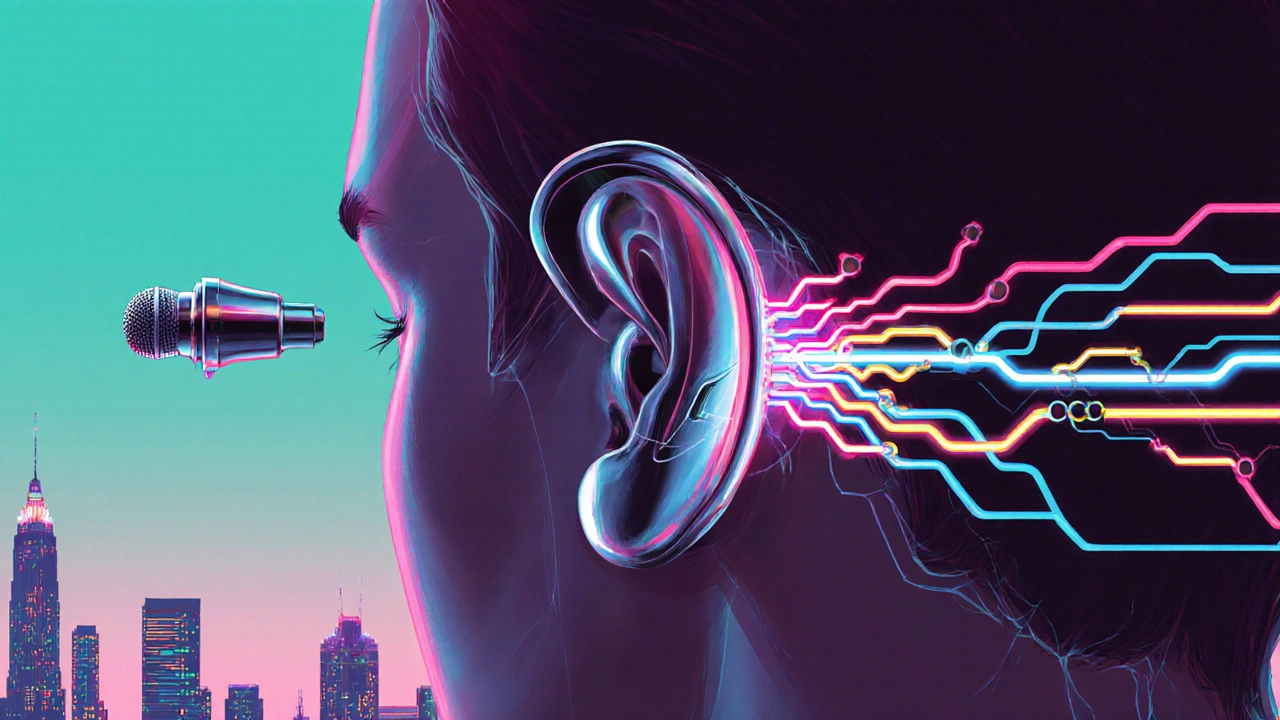 23 October 2025
23 October 2025
Cochlear Implants: Top Benefits for Severe Hearing Loss
Explore how cochlear implants restore hearing for severe loss, covering benefits, eligibility, surgery, rehab, and real‑world outcomes.
Latest Posts
-
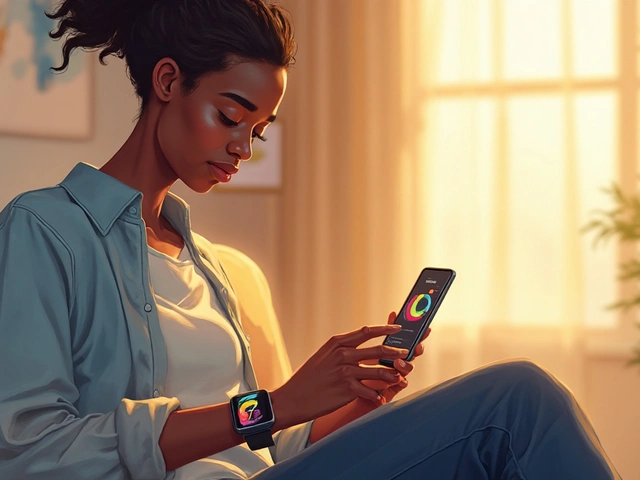
Schizophrenia and Tech: Top Apps & Online Resources That Help
-
Discover the Amazing Health Benefits of Banaba: The Ultimate Dietary Supplement for Weight Loss and More!
-
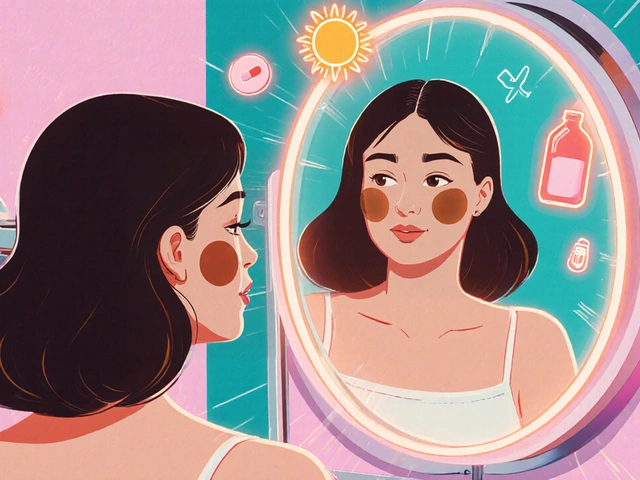
Best 5 Natural Melasma Remedies for Faster Skin Lightening
-
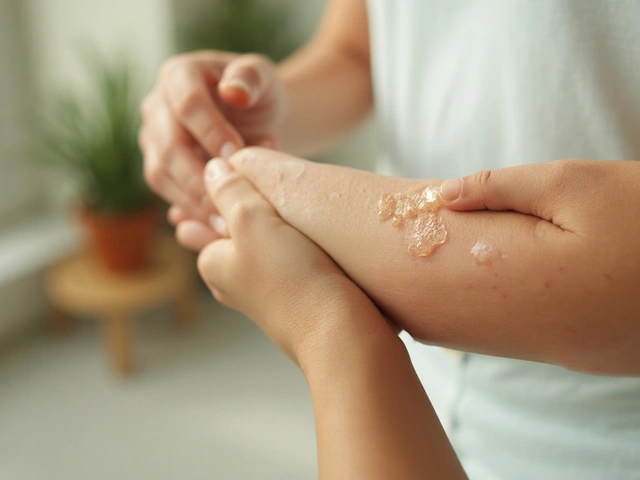
Aloe Vera for Fast Dermatitis Relief: Natural Healing Benefits
-
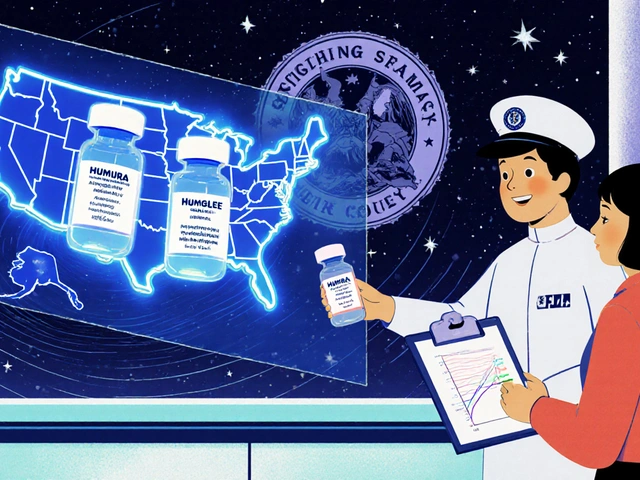
Interchangeability: When Biosimilars Can Be Substituted Automatically

9